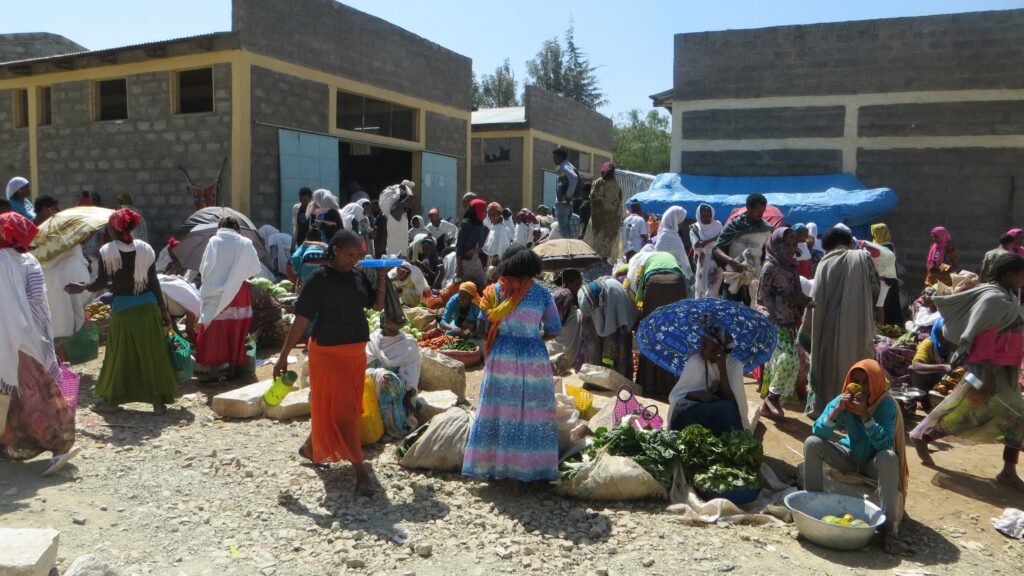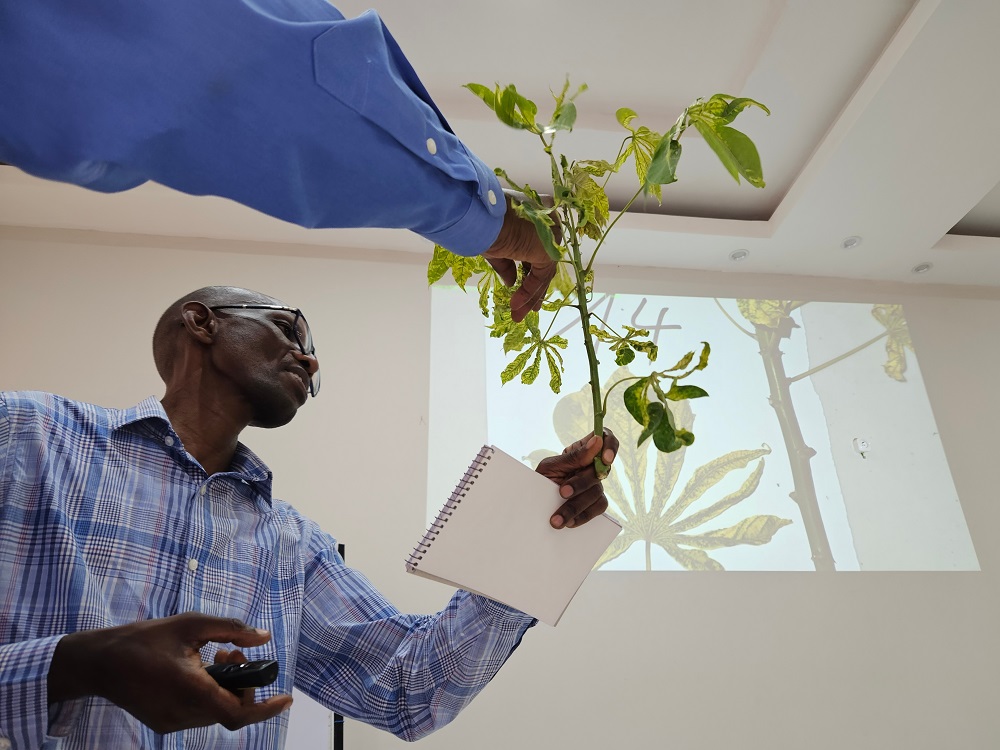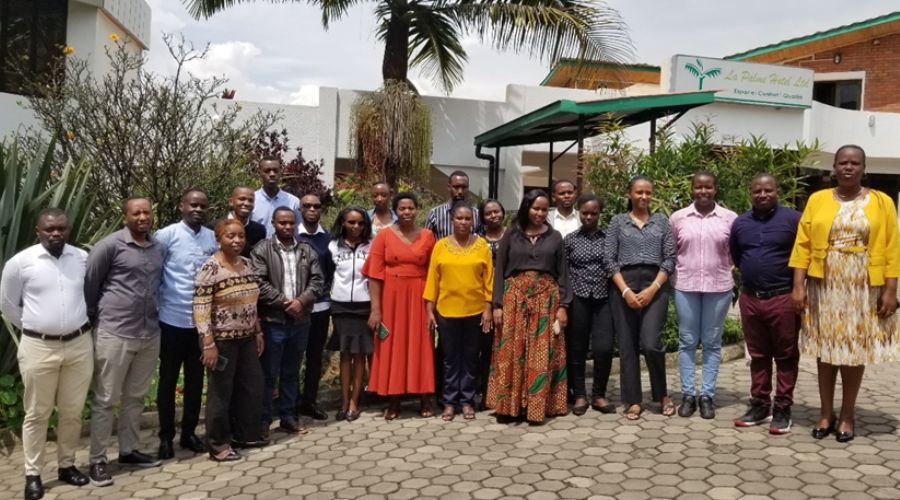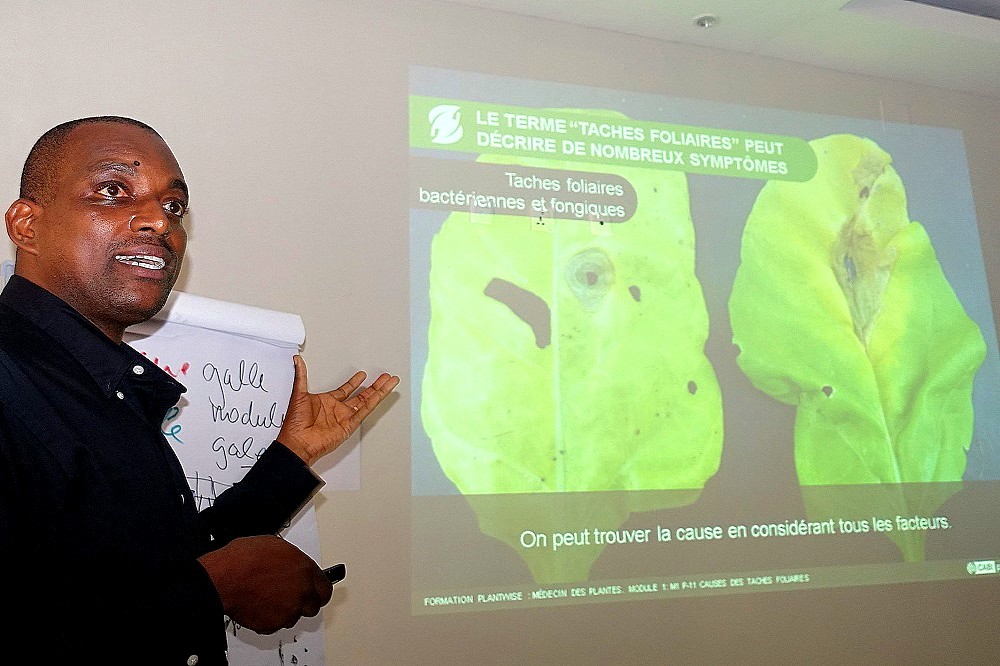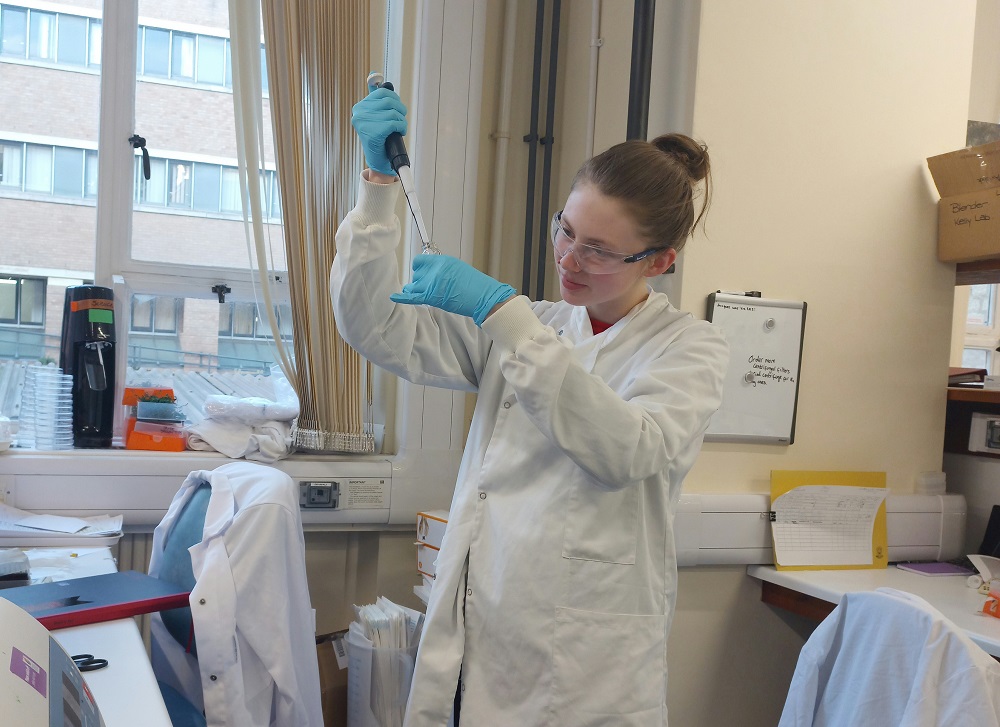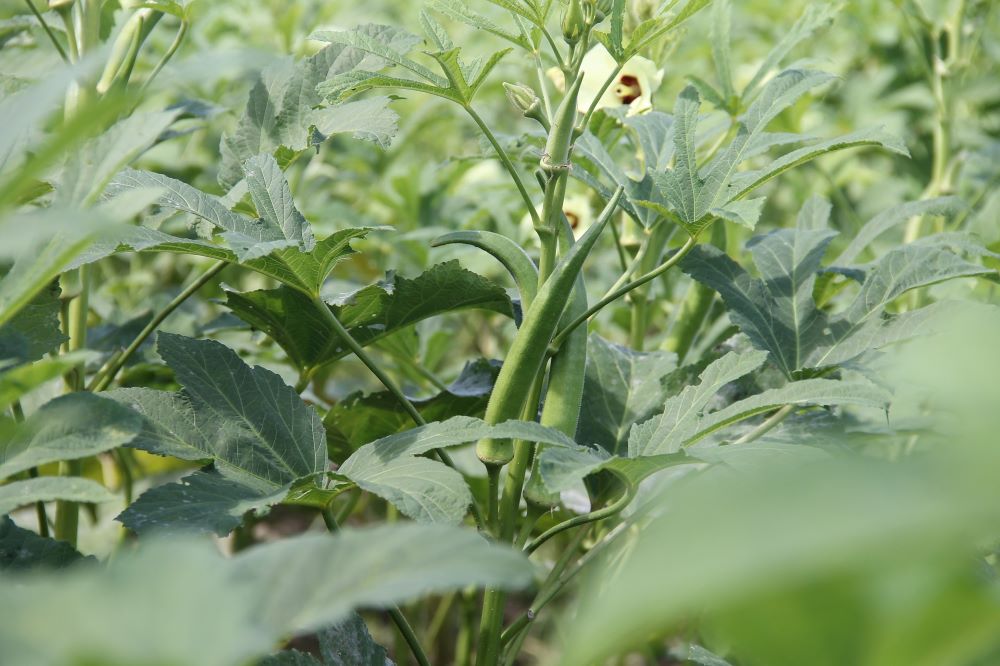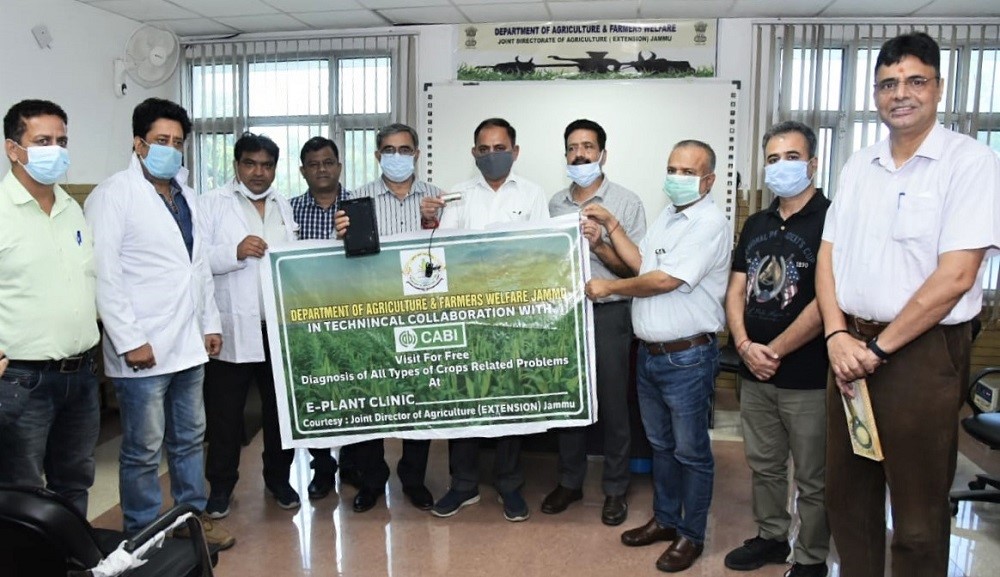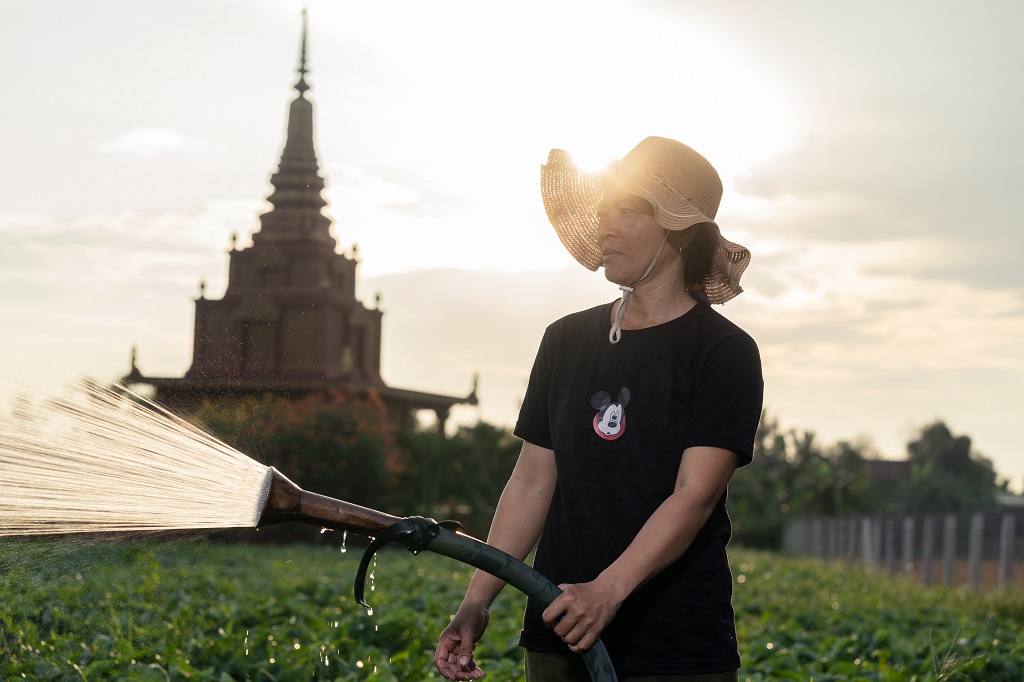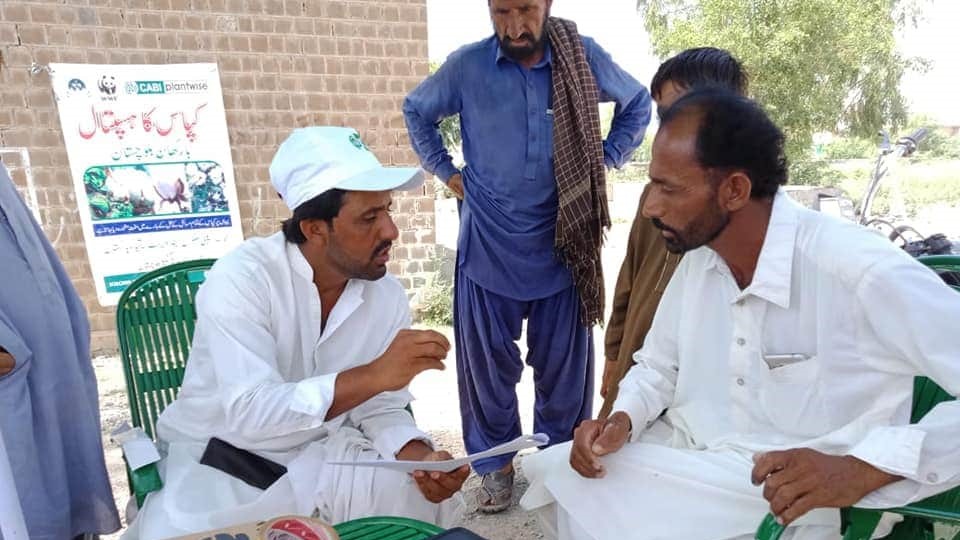Improving plant health in Papua New Guinea with plant doctor training
Plant clinics require trained agricultural extension workers to deliver this service to farmers. However, a lack of public extension workers to reach smallholder farmers with the crop advice they need can be a common problem in many countries.
Plant doctor training improves Rwandan farmers’ access to plant health advice
A six-day Plantwise plant doctor training session took place in Rwanda this March. Funded by CABI, the training aimed to build the capacity of Rwanda Inspectorate, Competition and Consumer Protection Authority (RICA) staff in the diagnosis of crop pest problems, and providing advice to farmers.
Plant doctors: fighting crop pests through integrated pest management
The increase in devastating crop pests, such as the fall armyworm and tomato pinworm, has led to a growth in pesticide use among smallholder farmers. The lack of product knowledge and safety awareness means there is a widespread tendency not to adhere to safety precautions.
Plant doctors help in fight against crop threats in Jammu, India
The role Plantwise plant doctors play in helping smallholder farmers mitigate crop losses due to pests and diseases has been lauded by K.K. Sharma – the Director of Agricultural Production & Welfare Department in Jammu, India.
Meet Chheng, a farmer from Cambodia using natural methods to control pests
In a new video, Plantwise follows Chheng Sok Khim, a farmer growing vegetables in Kandal province, Cambodia. Ms Khim struggled to control the pests on her farm and turned to chemical pesticides, but this ended up costing her more money and negatively affected her yields and her health.


